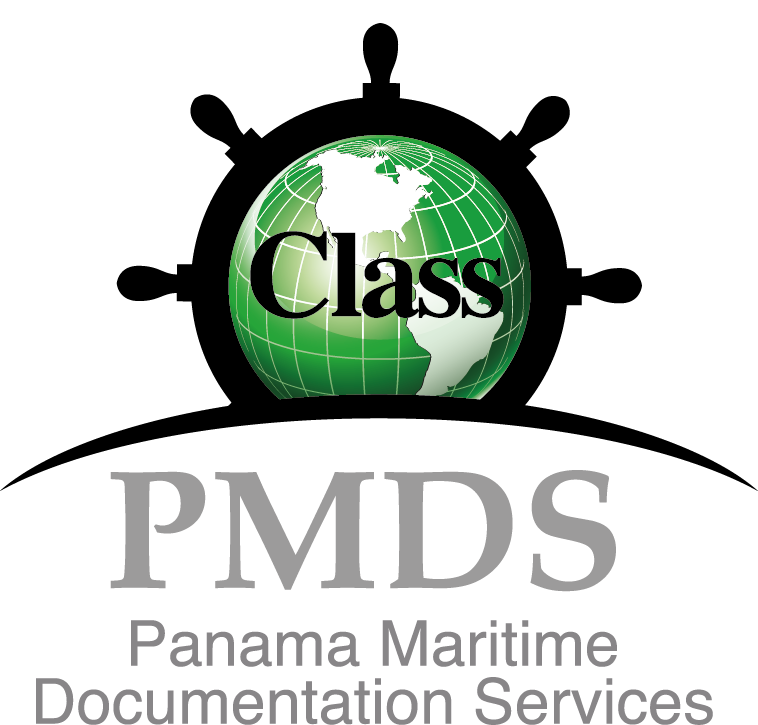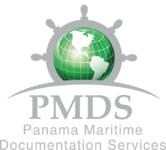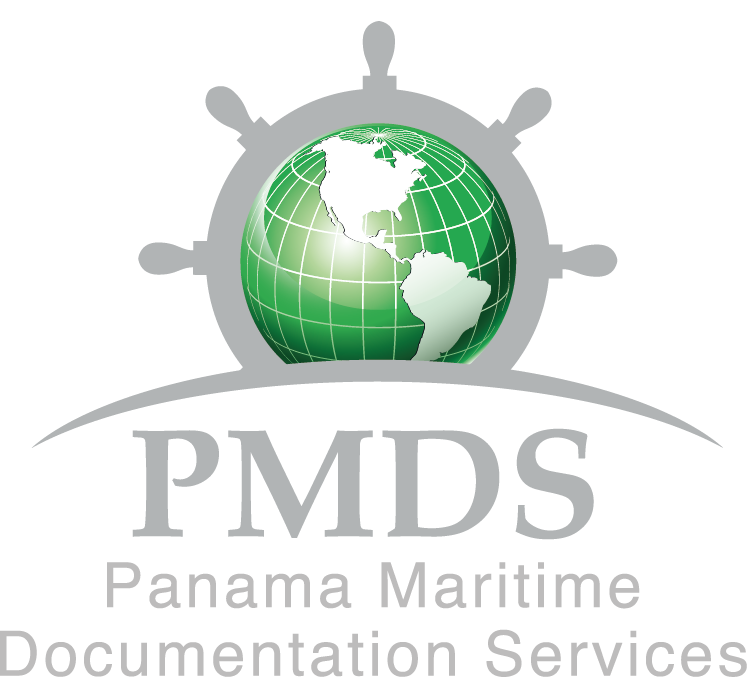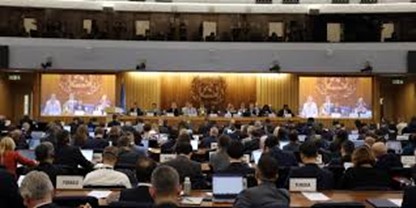
MEPC 82
The 82nd session of the International Maritime Organization (IMO) Marine Environment Protection
Committee (MEPC 82) was held from 30 September to 4 October 2024.
Meeting highlights
Adopted amendments designating the Norwegian Sea and the Canadian Arctic as Emission Control Areas (ECAs) (expected to enter force 1 March 2026)
Amendments to MARPOL Annex VI were adopted introducing the Norwegian Sea and the Canadian Arctic as ECAs for nitrogen oxides (NOx), Sulphur oxides (SOx) and particulate matter (PM).
For the Canadian Arctic, the requirements take effect as follows:
- The 0.10% fuel Sulphur content requirement takes effect from 1 March 2027.
- Tier III NOx requirements will apply to ships constructed (keel-laid) on or after 1 January 2025, although the requirements will enter into force on 1 March 2026.
For the Norwegian Sea, the requirements take effect as follows:
- The 0.10% fuel Sulphur content requirement takes effect from 1 March 2027.
- Tier III NOx requirements will apply to ships contracted on or after 1 March 2026; or in the absence of a contract, keel-laid on or after 1 September 2026; or delivered on or after 1 March 2030.
As a consequence of introducing contract and delivery dates as application dates for the Norwegian Sea ECA, the format of the supplement to the IAPP certificate was updated to include contract and delivery dates in addition to the keel-laid date.
Continued development of an IMO net-zero framework in MARPOL Annex VI addressing greenhouse gas (GHG) emissions
At this session, MEPC 82 held continued discussions on developing mid-term measures for reduction of GHG along with various topics such as the review of short-term measures (namely EEXI and CII), further operationalization of the Guidelines for Life Cycle GHG Intensity of Marine Fuels, etc.
To ensure shipping achieves the ambitions of the 2023 IMO GHG Strategy, MEPC 80 in 2023 decided to implement a basket of measures consisting of two parts:
- A technical element, which will be a goal-based marine fuel standard regulating the phased reduction of marine fuel GHG intensity
- An economic element, which will be GHG emissions pricing mechanism, linked directly to the GHG intensity mechanism or as a stand-alone mechanism
The measures are scheduled to be adopted in 2025 and enter into force around mid-2027.
Approved amendments to MARPOL Annex VI and the NOx Technical Code to allow for usage of multiple engine operational profiles (MEOP) and for re-certification of engines
MEPC 82 approved amendments to MARPOL Annex VI and the NOx Technical code to allow for the use of multiple engine operational profiles for a marine diesel engine. The new requirements will also apply to already approved engine types retroactively, but these can be verified on the sole basis of documentation.
The amendments are subject to adoption by MEPC 83 in April 2025.
Commenced the review of the Carbon Intensity Indicator (CII), Ship Energy Efficiency Management Plan (SEEMP) and Energy Efficiency Existing Ship Index (EEXI)
MEPC 82 commenced the review of the short-term GHG measures (CII, SEEMP and EEXI) by considering gaps and challenges. No gaps were identified regarding the EEXI.
MEPC 82 agreed to consider the gaps and challenges related to CII and SEEMP in a two-stage approach that may be addressed before 1 January 2026.
Operationalization of the Guidelines on Life Cycle GHG Intensity of Marine Fuels
At this session, Member States and international organizations were invited to submit proposals for default emission factors in order to allow the GESAMP-LCA WG to review default emission factors for each fuel. Also, Member States and international organizations were further invited to propose a certification framework for sustainable fuels to MEPC for consideration by GESAMP-LCA WG in developing a fuel certification scheme.
Data Collection system (DCS)
MEPC 82 approved a circular providing guidance related to the application of amendments to Appendix IX (information to be submitted as part of the DCS) of MARPOL Annex VI, which enter into force on 1 August 2025. All data for the same calendar year are to be collected and reported with the same level of granularity, meaning that the amended data set should be reported from 1 January 2026, or from 1 January 2025 if the flag administration has agreed to an early implementation.
Continued the review of the Ballast Water Management (BWM) Convention
MEPC 82 continued to discuss the topics raised in the experience-building phase (EBP) to facilitate the review of the BWM Convention. The review will continue in a Correspondence Group reporting to MEPC 83 in April 2025.
MPEC 82 updated BWM.Circ.43 “Guidance for Administrations on the Type Approval Process for BWM Systems” to include guidance of modifications to type-approved BWM systems.
Shipowners operating vessels over 400GT and designated to carry ballast water on international voyages, should note this guidance when modifying BWMS with pre-existing type approval, to understand if the system may need to be re-approved, but noting the guidance is related only to BWMS type approvals and not individual installations.
Following the finalization of the “Guidance on Operation in Challenging Water Qualities (CWQ)” at MEPC 81, the “Guidance on Ballast Water Record Book”, BWM.2/Circ.80, was amended to include an example of logging for ships encountering challenging water qualities.
Ship recycling
To prevent potential legal ambiguity concerning the relationship between the Hong Kong Convention and the Basel Convention, with respect to the transboundary movement of ships intended for recycling, MEPC 82 decided to seek advice from the Basel Convention Secretariat on common guidelines.
Acknowledging that the Basel Convention Secretariat could not contribute to the guidelines prior to the Hong Kong Convention entering into force in June 2025, it was agreed to approve provisional guidance as a temporary measure.
Source NKK
For additional information contact us : corporate@panamamaritime.com

 (507) 6780-7942
(507) 6780-7942
